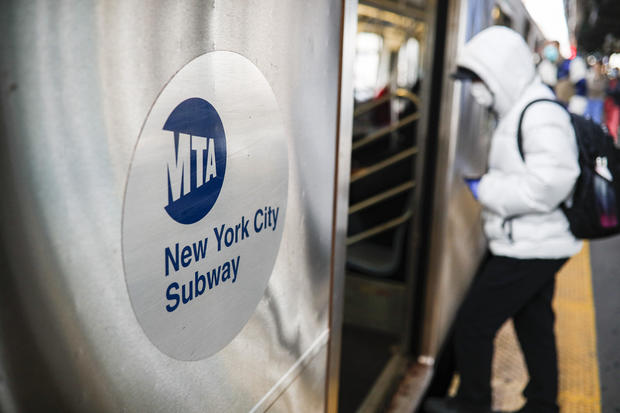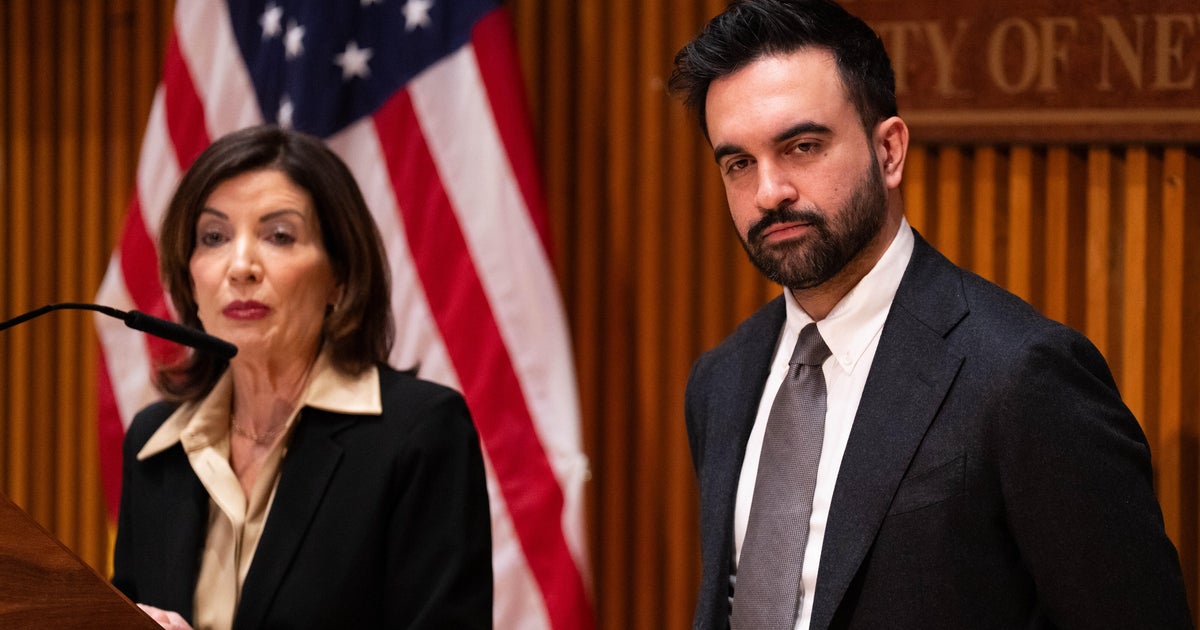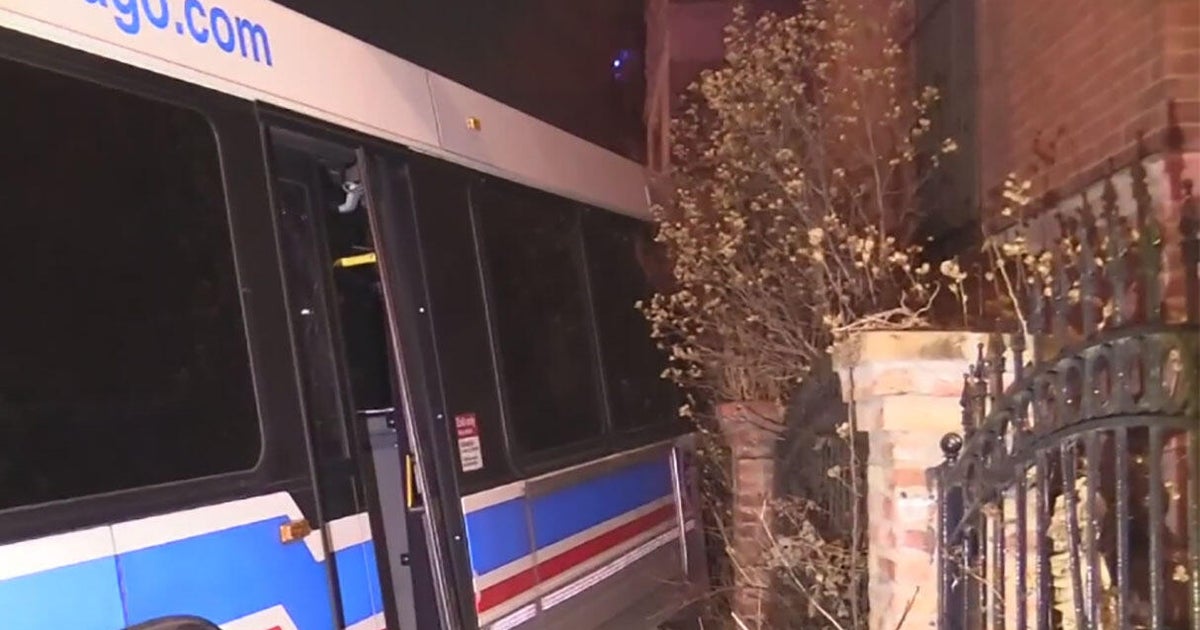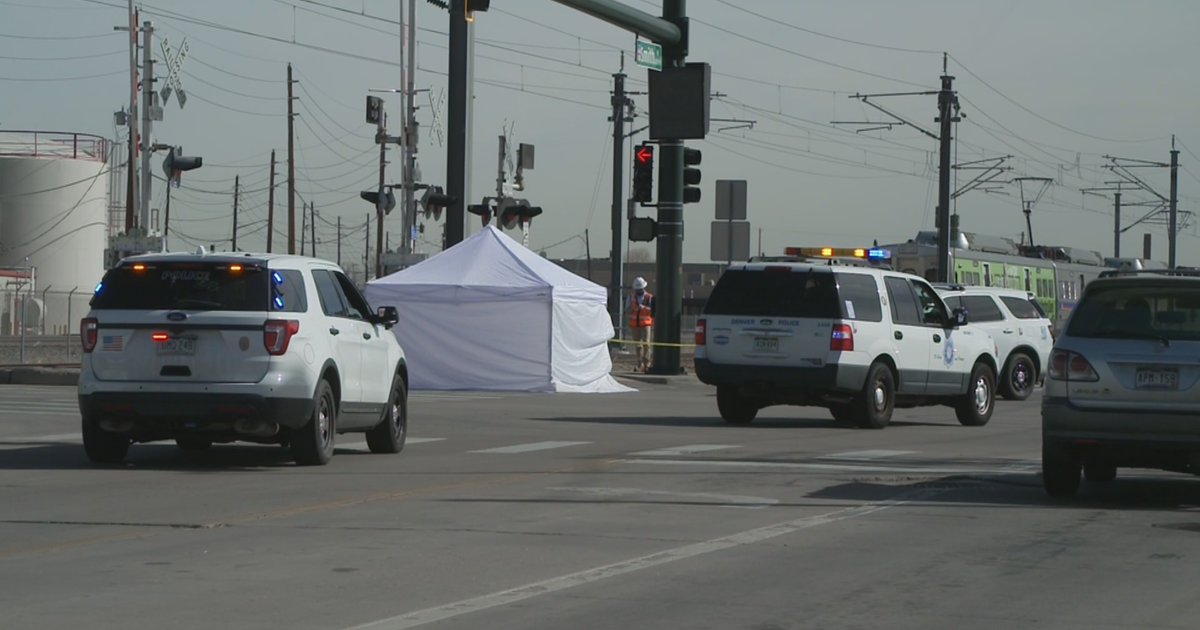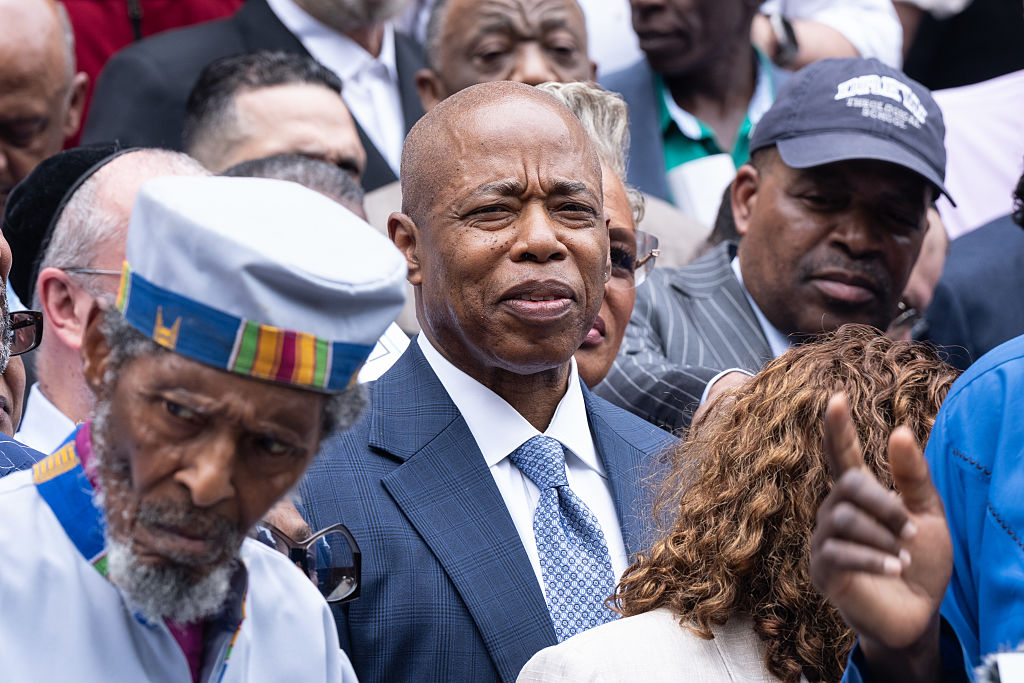Governor Cuomo asks MTA to disinfect subway trains on a daily basis: "A tremendous undertaking"
New York Governor Andrew Cuomo said during his daily coronavirus update Wednesday that he is asking the Metropolitan Transportation Authority in New York City to come up with a plan to disinfect all subway trains on a daily basis. Cuomo said the MTA has until Thursday to deliver.
Cuomo called the request "a tremendous undertaking that has never been done before," but said it is necessary so that essential workers using the subway can get to work safely. "Any essential worker who shows up and gets on a train should know that the train was disinfected the night before. We don't want them to stay home. We owe it to them to be able to say, the train you ride, the bus you ride has been disinfected and is clean," he said.
On Wednesday night, the MTA issued emergency regulations to strengthen its code of conduct for the city's subway system. The new rules say "no person is permitted to remain in a station for more than an hour" and "no person can remain on a train or on the platform after an announcement that the train is being taken out of service."
The MTA also said that any wheeled carts more than 30 inches in length or width are banned from the subway system, including shopping and grocery carts.
"... [T]he status quo has been completely unacceptable to us and it's my job to ensure that everyone who rides our system feels safe when they're riding with us, feels secure and that our workforce feels safe and secure. Safety and security is an integral part of our mission," said Sarah Feinberg, interim president of New York City Transit.
The MTA has more subway and commuter rail cars than all other American transit systems combined, and the system provides about 2.6 billion trips each year, according to its website.
The governor also addressed images from The New York Daily News and other tabloids that depict homeless people sleeping on subways and what he called "the deterioration of the conditions" on the trains.
"If you let homeless people stay on the trains in the middle of a global health pandemic with no masks, no protective equipment, you are not helping the homeless," Cuomo said Wednesday. "Letting them endanger their own life and the lives of others, it's not helping anyone. In the two days, which means tomorrow, I want a full plan of how we disinfect every train, every night, period."
In addition to disinfecting trains, Cuomo said the state has also begun testing transit workers for the coronavirus in order to help keep the MTA in operation. An initial 1,000 workers will be tested this week, he said.
The state has already begun testing members of the New York police and fire departments. According to Cuomo, about 10% of the NYPD has tested positive, and about 17% of FDNY. He said the high number of positives in the fire department is likely due to EMTs greater exposure to coronavirus patients.
The governor announced on Tuesday that the number of people newly diagnosed and hospitalized with COVID-19 has continued to decrease, and was under 1,000. On Wednesday, however, he said that the number of daily hospitalizations from the virus moved up marginally, but remained below 1,000.
"What we're watching now is how fast the decline, how low does it go," he said. "We don't want to see 1,000 new cases every day. We'd like to see that in the low hundreds, ideally, of new cases everyday."
The daily death toll in New York went down slightly to 330 on Tuesday. "The decline has been slow at best, but still disgustingly high," he said. "We're making progress but we're not out of the woods yet."
More than 17,682 people have died from the coronavirus in New York City alone as of Wednesday, according to data compiled by Johns Hopkins University. The city has the fifth highest death toll in the world, behind four countries.
Original projections showed that at least 120,000 New Yorkers would contract the coronavirus without mitigation efforts, according to the governor. About 20,000 people have so far been hospitalized in the state due to the virus. Cuomo said the state's stay-at-home order and social distancing guidelines "changed reality," so that "100,000 fewer New Yorkers went into the hospital."
Cuomo said Wednesday that the state does not have an "abstract plan" to reopen, only a factual plan that is "based on numbers." The governor cited his 12-step "un-PAUSE" plan that will allow certain areas of the state to reopen, granted they meet numerical criteria, such as hospitalization and transmission rates.
As an early stage of the reopening process, the governor also announced Wednesday that some hospitals primarily in upstate New York will once again be allowed to perform elective surgeries.
"Counties where we're still worried about a surge in the COVID beds we're not going to open it up to elective surgery until we know we're out of the woods," he said.
Peter Martinez contributed to this report.
